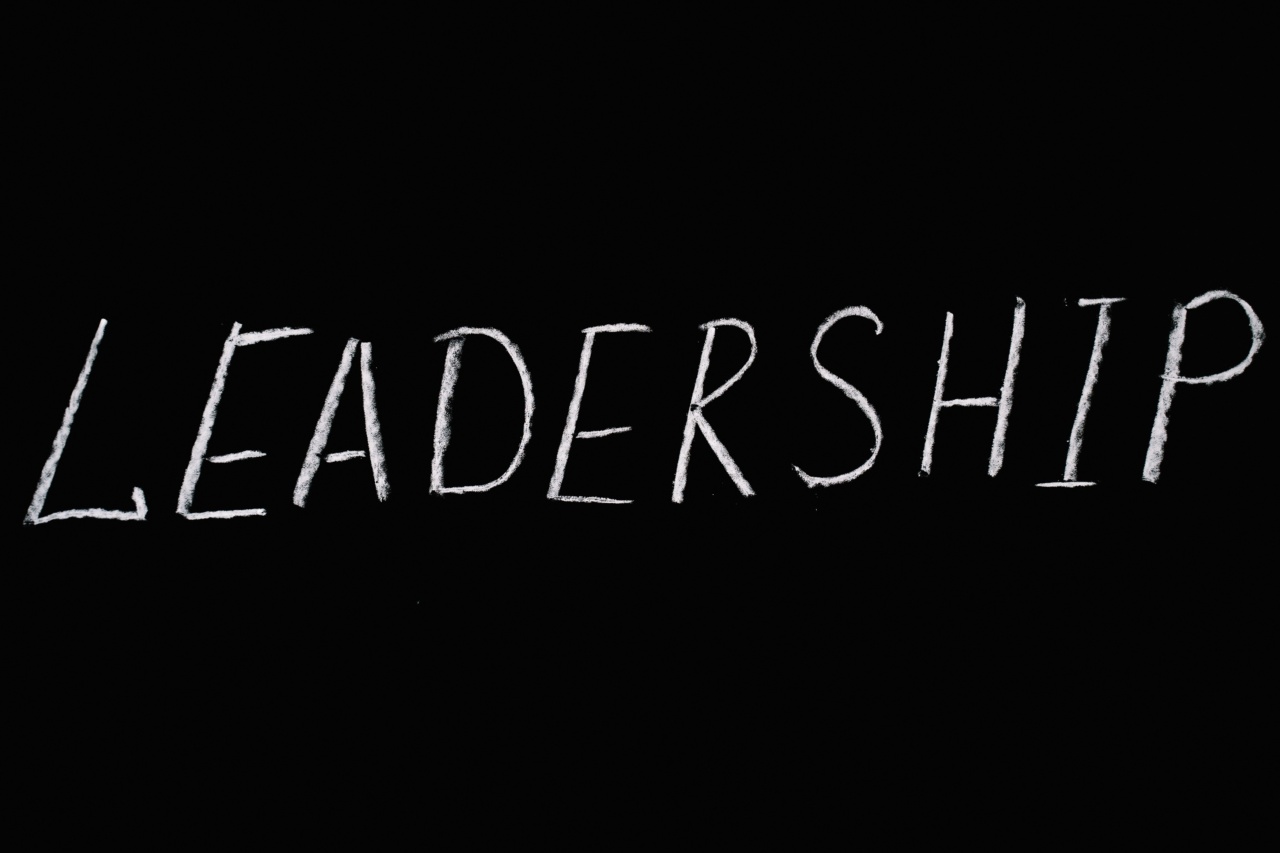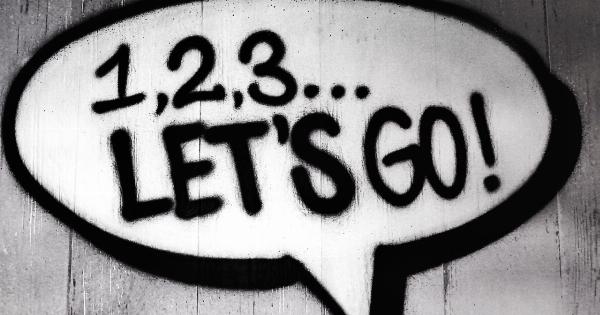As humans, we make choices every day. Some choices are minor, such as what to wear or what to eat for breakfast, while others are more significant, such as choosing a career path or deciding whether to have children.
But what factors influence our choices? Here are the top 10:.
1. Personal Values and Beliefs
Our personal values and beliefs play a significant role in the decisions we make. If we value honesty, for example, we may choose to be truthful, even if it means the outcome may not be favorable.
Similarly, if we believe that hard work leads to success, we may choose to work harder than our peers.
2. Emotions and Feelings
Our emotions and feelings can also impact our decision-making process. For example, if we are feeling anxious, we may make a choice that helps us feel more secure.
On the other hand, if we are feeling happy, we may be more likely to take risks and make bold choices.
3. Environment and Surroundings
The environment and surroundings in which we make our choices can also impact our decisions. For example, if we are in a loud and chaotic environment, we may feel overwhelmed and unable to make a good decision.
Conversely, if we are in a calm and peaceful environment, we may be able to think more clearly and make a better choice.
4. Social Influence
Social influence plays a significant role in our choices, especially when it comes to our relationships with others.
We may make choices based on the opinions of our friends, family, or colleagues, even if those choices do not align with our personal values or beliefs.
5. Personal Experience
Our personal experiences shape the way we make choices. For example, if we have had a negative experience in the past, we may be more cautious and make a safer choice.
Similarly, if we have had a positive experience, we may be more likely to take risks and make bold choices.
6. Goals and Objectives
Our goals and objectives can also impact our choices. If our goal is to get a promotion at work, we may choose to take on more projects or work longer hours.
If our objective is to travel the world, we may choose to save our money and delay other expenses to make that happen.
7. Time Constraints
Time constraints can limit our choices. For example, if we need to make a decision quickly, we may not have time to thoroughly consider all of our options.
Similarly, if we have a deadline to meet, we may choose the quickest and easiest option, rather than the best option.
8. Perception of Risk
Our perception of risk can also impact our choices. If we perceive a certain choice to be risky, we may be more hesitant to make that choice. On the other hand, if we perceive a certain choice to be safe, we may be more willing to take that risk.
9. Availability of Information
The availability of information can also impact our choices. If we have access to more information about a particular choice, we may be more likely to make a well-informed decision.
Conversely, if we have limited information, we may make a decision based on incomplete or inaccurate information.
10. Cognitive Biases
Last but not least, cognitive biases can influence our choices. Cognitive biases are a type of thinking error that can lead to irrational or illogical decision-making.
For example, confirmation bias is the tendency to search for or interpret information in a way that confirms our preexisting beliefs or biases.































